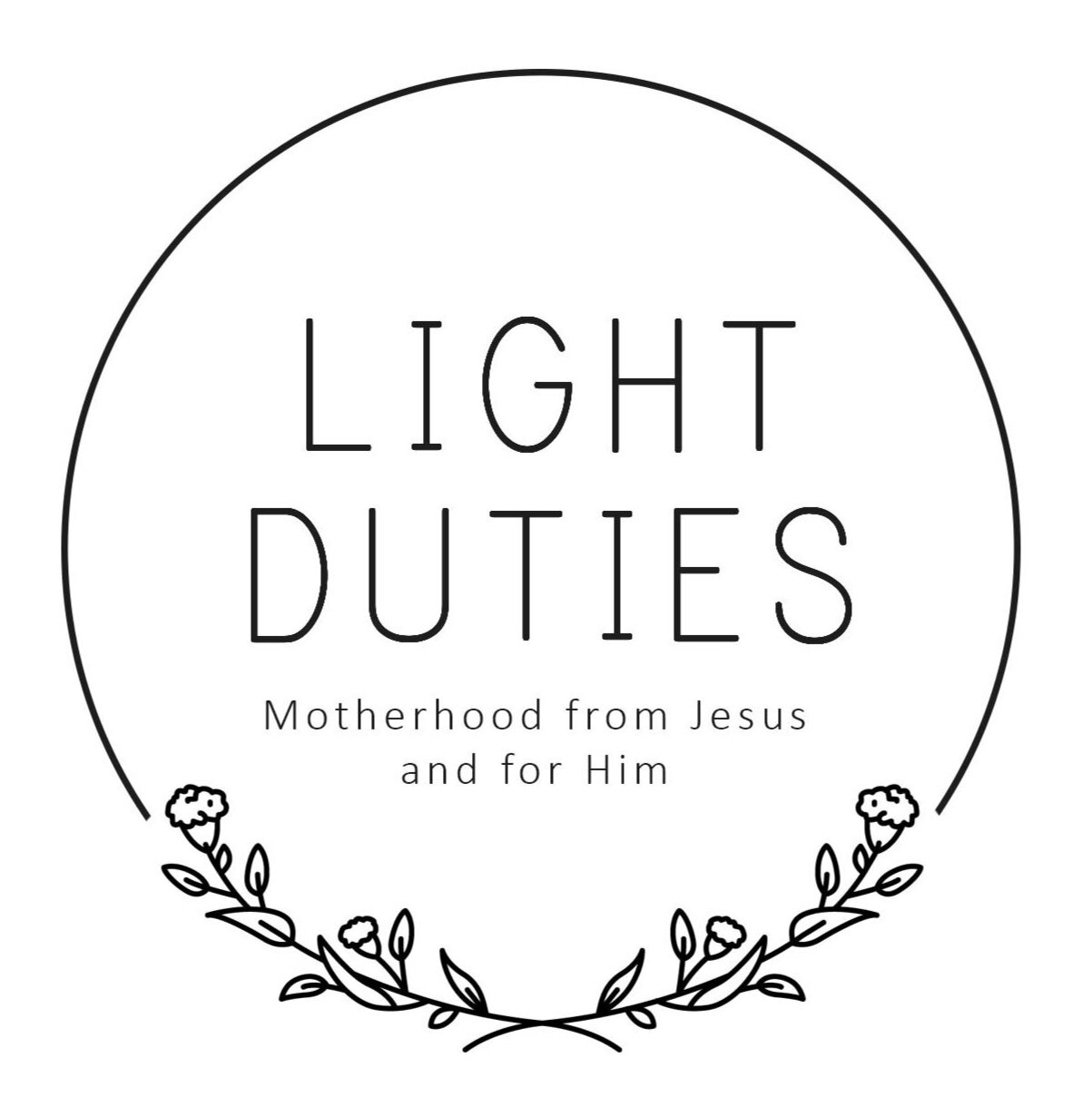#7. God’s Goodness Causes Happiness
I read a lot of old books. They are full of quaint words like duty, happy and good. People used to be far more comfortable connecting happiness and goodness than we are. It made me very uncomfortable at first. Here is an example:
In 1740, writing to heads of households to encourage them to lead daily household worship, Philip Doddridge wrote,
“…how much of the glory of God, how much of your own happiness, and that of your dear children, for time and eternity, depends on the success of what I am now to lay before you.”
“May God give you resolution immediately to make the attempt! And may He assist and accept you, and scatter down every desirable blessing of Providence and of grace on you and yours! So that this day may become memorable in your lives as a season from which you may date a prosperity and a joy hitherto unknown, however happy you may have been in former years; for very imperfect, I am sure, that domestic happiness must be in which domestic religion has no part.” (emphasis mine)
Philip Doddridge A Plain and Serious Address to the Master of a Family on the Important Subject of Family Religion (December 20, 1740) in The Godly Family: Essays on the Duties of Parents and Children (Soli Deo Gloria Publications 1993) pp.51, 75
This man was not shy about drawing a connection between household piety and household joy. I think he was right, but it took me a while to agree.
My first flinch against words like these was a reaction against my youth in the prosperity gospel. Tie happiness to something you do and it sounds like an old edition of ‘Your Best Life Now’ (which I do not endorse). False teaching like the Prosperity “Gospel” elevates happiness, God wants you to be happy, but it has no room for goodness and duty (beyond funding the teacher’s ministry and saying God has a duty to prosper you). Prosperity teaching is full of the perversions which happen when anyone other than God is setting the terms. It devours and destroys, as all misdirected duty does. Doddridge did not mean the same thing by “prosperity” as Joel Osteen does.
Even apart from the Prosperity “Gospel”, joining happy and good can lead to patronising simplicity, like a moral connect-the-dots: if you do your duty, God will make you happy. If things are not going well, it must be because you’ve done the wrong thing. These simple equations don’t leave space for the trouble goodness can cause in a broken world, or unjust suffering. The book of Job tells that story.
One of the worst risks of misunderstanding happy, good duty is the passive position it imagines for God. Like he’s an impotent old man depending on us to get things right. An imbecile who can’t manage his own affairs. He’s not. God achieves the glorious good he wants, even using our sad and bad. Doddridge had a big view of God even while he urged believers toward a more wholehearted pursuit of him. The bigger our view of God, the bigger place he will have in our view—not because he needs us to, but because it makes sense.
Trouble also happens when we conclude that God must make us happy, that he owes us, that God is in our debt. But the best efforts of humanity are still filthy robes compared with God’s holiness. If God gave us what he owed us, the whole earth would have expired long ago. The fact that goodness and happiness even exist in this world, and that we have breath enough in our nostrils to notice it, is God’s mercy.
Even though we deserve none of it, God has ordered the world so that when we pursue God-centred goodness we’re more likely to find happiness (have you read Proverbs?). When goodness and happiness do happen, it is because God has given undeserved gifts. He is clever and kind and mysterious. It is disproportionate. All because there are means through which goodness and happiness flourish in God’s world doesn’t make it any less a gift of his kindness. He has just delivered these gifts in packaging which involves real people, making real choices, in real time and space, according to patterns he has ordained in his world. God is still the giver.
The longer I’ve looked at the Bible, the more convinced I am that goodness and happiness are the destination of God’s people, because God himself is our destination. If we live long enough in this world, growing as a Christian will have an overall trajectory of growing goodness and growing joy. This goodness and happiness do not originate in the Christian; Jesus suffered what we deserve and gives us good things we don’t.
The mum who is a Christian will have a kind of motherhood which is increasingly good and joyful—not always when the chart is measured on a micro-scale, but when we zoom out and look at the direction over a long time. There will still be deep dips in the graph (more on that in a different post), but even when painfully arrived at, there will be more happiness than we could know anywhere else. More time in fellowship with the God of all goodness and happiness can’t leave us more distant from goodness and joy. That’s why Paul could write about joy and contentment in plenty and in lack (Philippians).
God’s mastery takes bad and sad mums, brings them from death to life in Jesus, and grows them into goodness and happiness. Does he want his people to be more godly and happier for it? Yes. In his way, on his terms, in his time, by his power and for his glory. Will God get what he wants? Completely.


